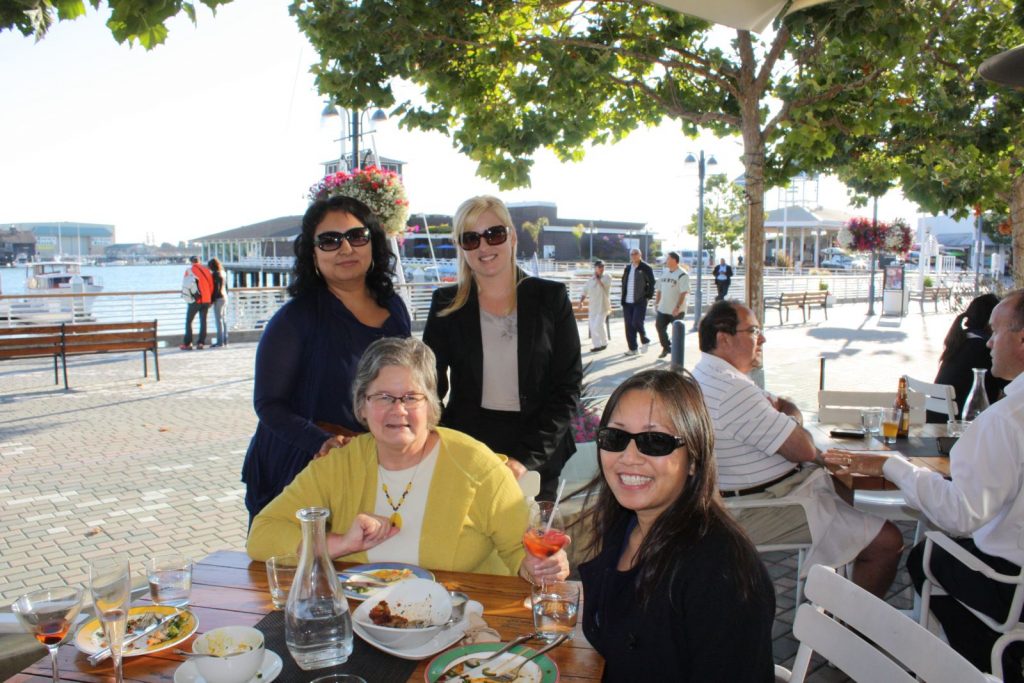I was recently asked about my motivation for joining the legal community, especially the practice area of employment law. Little did I know when I began to answer the question that my family history would come pouring out. I come from a family of Civil and Human Rights Leaders, activists, and just all around amazing people. My great-great-grandfather, Wallace Bailey, just one generation removed from slavery, was a Justice of the Peace in Jefferson County, Mississippi. However, due to segregation, he was prohibited from accessing the local courthouse and was relegated to performing his legal duties in a cotton field under the shade of a Dogwood tree.
My grandfather, Samuel Bailey, was friends with Martin Luther King, Jr. and worked side-by-side with Medgar Evers. Together, my grandfather and Mr. Evers traveled the state of Mississippi dressed as sharecroppers to investigate the senseless murders of black men who spoke out against Civil Rights violations under the Fourteenth Amendment to the United States Constitution.
In 1962, my grandfather was the lead plaintiff in Bailey v. Patterson, 369 U.S. 31 (1962), a Supreme Court Case that held that segregation of interstate and intrastate transportation facilities was unconstitutional. I learned early in life that because my grandfather became a voice for the voiceless, all of us are allowed to use the same drinking fountains, bathrooms, and restaurants in airports, train stations, and bus terminals today.
My mother, Verna Bailey, also made her mark in the Civil Rights Movement when she left home at the age of 18 to attend the University of Mississippi, Ole Miss, in 1965. She was the first African-American woman admitted to the institution during the height of the Civil Rights era, just eleven years after the Brown v. Board of Education, 347 U.S. 483 (1954) decision. At Ole Miss, my mom faced hatred from thousands of students; she was harassed, threatened, and told constantly that, “she didn’t belong here.” Even though she had to be escorted away from campus by the Mississippi Highway Patrol when Martin Luther King, Jr. was assassinated, my mom never doubted for a second that she deserved to be educated at the most prestigious educational institution Mississippi had to offer. As a result, she graduated in three years and has never looked back.
With my grandfather and my mother as the ultimate examples of barrier breakers and Civil Rights activists, how could I do anything other than reach my hand out to those around me who have lost their voice? They both taught me to stand up for what is right, not what is popular, and they taught me to always act with dignity, integrity, and grace. For this very reason, I found my way into employment law. I particularly enjoy representing clients who have been victims of discrimination or harassment. When my clients are no longer able speak for themselves, I advocate for justice on their behalf. There are very few things that make me more proud than giving a voice to the silenced, no matter how big or small the case.
—Asha Wilkerson owns The Wilkerson Law Office in Oakland, specializing in employment law and criminal defense.

